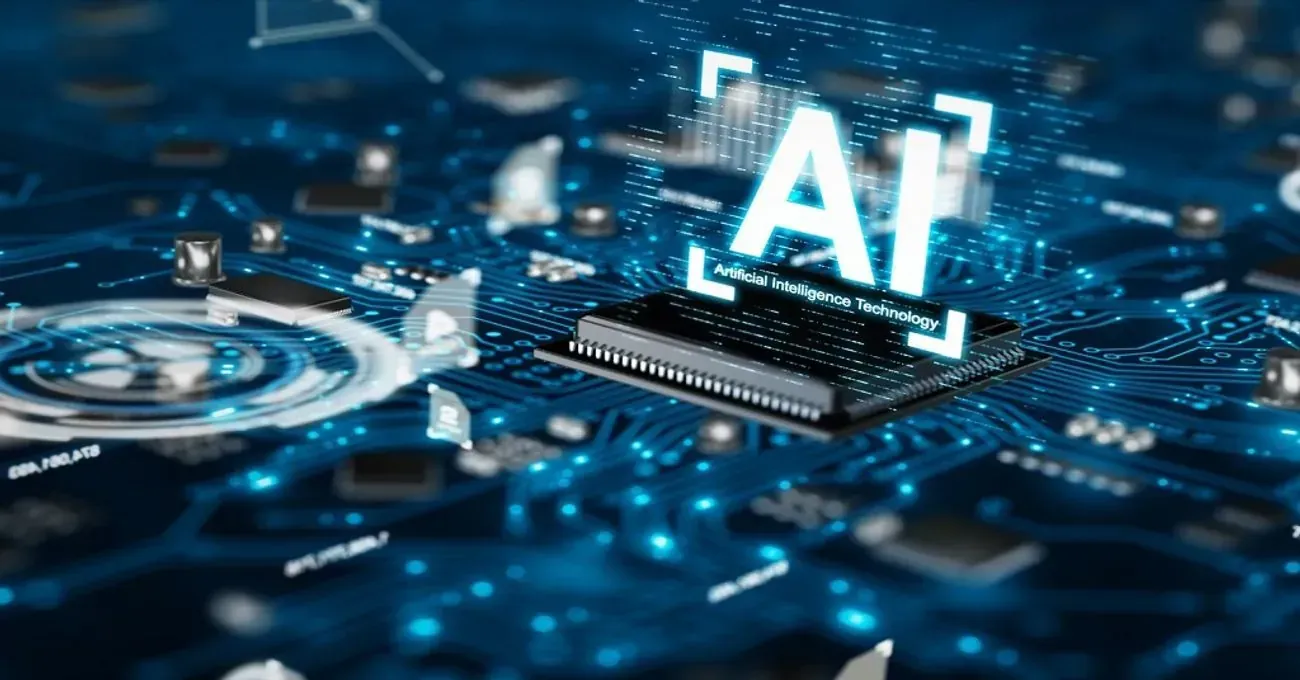“Manipulation in financial markets: are regulators ready for artificial intelligenceEuropean regulators are concerned about the ability of AI bots to manipulate markets. Experts call for transparency and greater
control over the use of artificial intelligence in trading.”, — write: unn.ua
DetailsArtificial intelligence opens up new opportunities in financial markets, but at the same time carries serious risks. The European Securities and Markets Authority (ESMA) said in a comment to Euronews that concerns about the ability of AI bots to manipulate markets and profit from price fluctuations are well-founded.
“This is a realistic concern,” said an ESMA spokesman, although he added that there is currently no “specific information or statistics to suggest that this is already happening.”
Of particular concern is the influence of social media, which can serve as a “channel for the rapid transmission of false or misleading narratives that affect market dynamics.” In this context, the issue of control is important.
The key issue is the degree of human control over these systems, as traditional oversight mechanisms may be insufficient
They added that they are closely monitoring the development of AI technologies in the financial sector. However, the question arises: is the current regulation ready for new challenges?
According to Itay Goldstein, professor of finance and economics at the Wharton School of the University of Pennsylvania, collaboration between AI agents often remains invisible to regulators.
They don’t send emails, they don’t meet each other. They simply learn the best strategy over time, so the traditional way of detecting collusion does not work with artificial intelligence
Lithuania is developing rules for the use of artificial intelligence in schools22.04.25, 15:27 • 5871 view
According to Goldstein, regulation should be strengthened and new approaches should be developed, as there is not even basic data on how AI is used in trading.
However, not all experts believe that there is a need to revise the regulatory framework. Filippo Annunziata, professor of financial law at Bocconi University, noted that the existing acts – the Market Abuse Regulation (MAR) and the MiFID II Directive – are quite relevant. At the same time, he emphasizes that “supervisory authorities should be equipped with more sophisticated tools to detect possible market manipulation.”
I even propose to ask people who develop artificial intelligence tools for trading in markets, etc., to include automatic circuit breakers in these artificial intelligence tools. This will force them to stop before there is a risk of manipulation
A separate problem is the responsibility for AI actions, especially when it comes to so-called “black box trading”, when algorithms make decisions without revealing the logic of their actions. Some experts believe that it is necessary to ensure greater transparency of the operation of such systems and develop new legislation that will allow holding developers or operators of AI accountable, even if they did not intend to mislead investors.
“It’s a bit like the tortoise and the hare. Managers are usually like turtles, but manipulators who use algorithms are hares, and they are hard to catch,” Annunziata figuratively described the situation.
Let us remind youThe new Pope Leo XIV stated that artificial intelligence poses a serious problem. It creates challenges for the protection of human dignity, justice and labor.
The UAE is introducing artificial intelligence into the school curriculum from 202505.05.25, 06:30 • 7624 views
